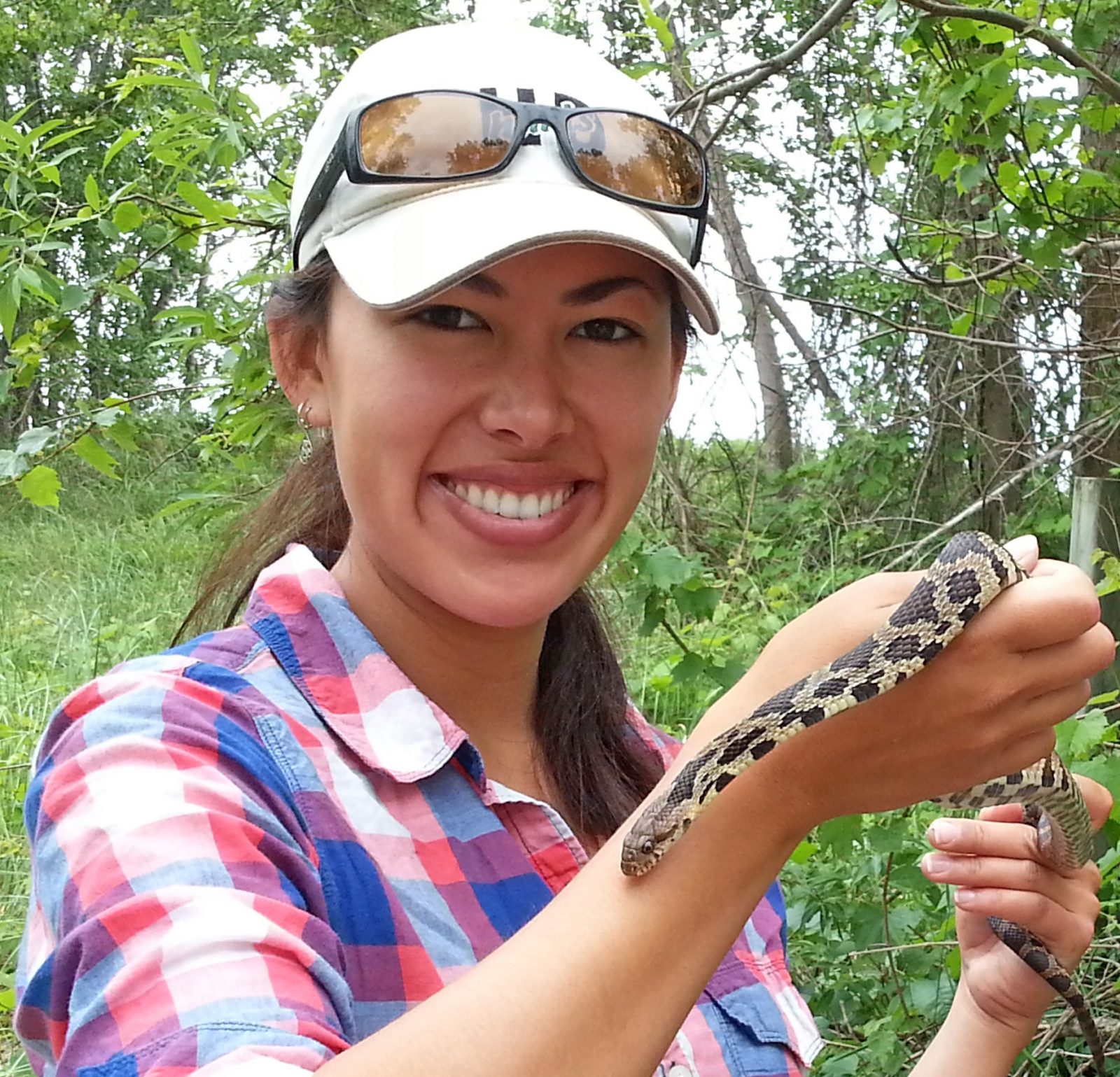NOTE: This is one in a series of stories highlighting projects supported by Brock’s Academic Initiatives Fund (AIF), which was established by the University in spring 2021. AIF projects will address key priorities outlined in Brock’s Institutional Strategic Plan and position the University to face the challenges of recovery from the pandemic. To read other stories in the AIF series, click here.
Brock University’s Faculty of Mathematics and Science is in early stages of developing two new programs to meet the rising demand for careers in cannabis sciences and applied ecology.
The development of each program has been supported in part by the Academic Initiatives Fund, which was introduced this past spring to address key priorities in Brock’s strategic plan and help position the University to face the challenges of recovery from the pandemic.
Bachelor of Science in Cannabis Sciences
With the introduction of the Cannabis Act in October 2018, Canada became the first developed nation to legalize the production, sale and use of cannabis for recreational purposes. Canada has since emerged as the global leader in the production and distribution of cannabis and related technologies.
The rapid rise and expansion of the global cannabis industry has created significant demand for qualified cannabis scientists and scientific leaders to drive industry innovation forward.
Residing in the Department of Biological Sciences, the Bachelor of Science in Cannabis Sciences will be the first formal cannabis-based degree program offered by an accredited university in Canada.
“The program will provide prospective students with a comprehensive education in cannabis, cannabinoid, and endocannabinoid biology and biochemistry,” said Research Associate Jonathan Simone, an Adjunct Professor in Biological Sciences and cannabis researcher who was hired with AIF support to help with the program’s development. “Students will develop technical skills that are directly applicable to current industry needs.”
Students of the new Bachelor of Science in Cannabis Sciences program, which aims to educate from ‘seed to sale,’ will be engaged in areas such as plant ecology and evolution, plant biology and biochemistry, soil sciences, commercial agricultural practices, chemical extraction and purification, analytical chemistry, neurobiology, pharmacology, and health sciences.
Applied Ecology program
A first-of-its-kind program is proposed in Applied Ecology at Brock University, building on resources, including many courses, offered in collaboration between the departments of Biological Sciences and Geography and Tourism Studies.
Tensions between urban, agricultural and natural habitats are best understood by integrating the perspectives of geographers and biologists.
Therefore, an interdisciplinary and a cross-department curriculum structure will leverage existing courses in both departments and eventually include a co-operative education stream.
“There will be a lot of experiential learning built into this new honours program, such as work placements, field-based labs and project-based courses,” said Katharine Yagi, a Research Associate hired using AIF funds to develop the program.
The Applied Ecology program will produce students with sound ecology training and field experience who can enter the workforce immediately upon graduation.
Graduates will work for provincial, local and regional government agencies, conservation authorities, environmental consulting firms, ecological monitoring non-governmental organizations, bioremediation companies and other related areas.
Coursework will highlight ecosystems in Niagara, including agroecosystems, which are abundant throughout the region, through species identification, survey methods and GIS mapping. An emphasis on traditional Indigenous knowledge and practices rounds out the program’s unique focus.
Amongst all science disciplines, ecology may be the most amenable to integrating this approach. A new course will focus on the Indigenous Worldview of Ecology. Traditional Ecological Knowledge (TEK) concepts will also be built into three other new ecology-based courses as the program’s development continues.
TEK is the evolving knowledge acquired by Indigenous and local peoples over thousands of years about the environment and relationships between humans and nature.
Applied Ecology will dovetail with the University’s physical presence in a UNESCO Biosphere Reserve — the Niagara Escarpment — and with existing strengths in environmental sustainability, geography and biology.
The applied nature of the program emphasizes methodologies for fieldwork and technical skills associated with data collection and report writing.
“One thing many graduates have realized is the very steep learning curve they experience when hired as a biologist or ecologist in the industry. In my experience, this applies to everyone, including people working in government and non-government agencies,” said Yagi. “There is a definitive need for knowledgeable and skillful ecologists in the Niagara region.”
Faculty of Mathematics and Science Dean Ejaz Ahmed believes the new programs fill important roles at Brock.
“Supporting new programs so students can build careers in a wide range of industries is valuable to Brock and to our local and global community,” he said.
STORY FROM THE BROCK NEWS

